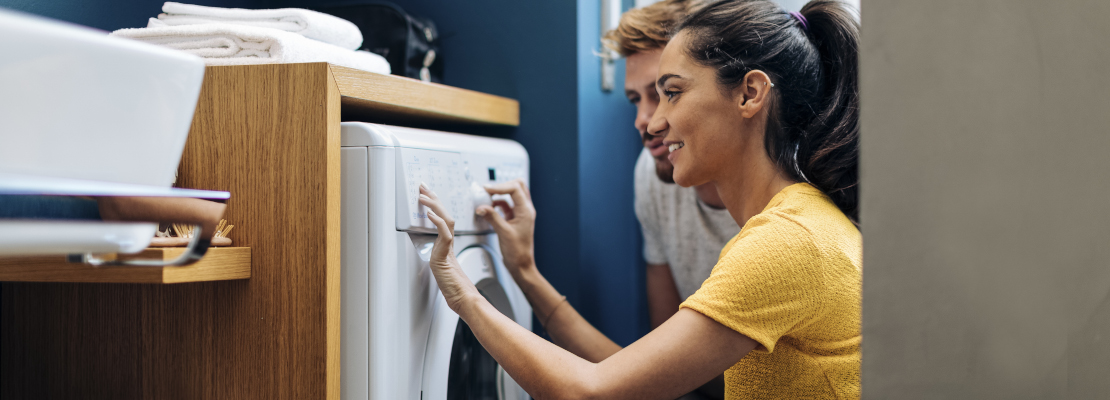Earlier this year the blog suggested how to use your 2020 stimulus payment, tax refund, commission or bonus wisely, and here are some additional spending and saving recommendations for what may be a new source of available funds for some of us—quarantine savings.
During the COVID-19 pandemic a large number of companies had their employees shift their work to their home, to allow a greater degree of social distancing than would be possible in a work environment with cubicles and other shared work spaces. One immediate benefit from quarantining from home was saving money on some daily, weekly or monthly expenses, such as gasoline, dry cleaning, shaving supplies, haircuts, makeup, gym memberships, movie theater tickets, concert tickets, travel for vacations, and eating at restaurants (and tipping for service). Now, to be honest, some of those savings were offset by more spending on necessities that had greater consumption due to staying at home, with the result that there was increased spending on utilities such as natural gas, water, and electricity. Some homeworkers may have spent more on streaming video and audio services; and to keep socially distant, could have been buying more items online instead of in stores. But, overall, it’s likely that over the last year more than a few of us had a bit of extra money at the end of the month due to lower travel and lifestyle expenses.
So, what to do with pandemic savings?
If you’ve been fortunate enough to have built up some savings because of working from home, what are you doing with that money? Well, you don’t have to do anything special with it; it can just stay in your account. But if your surplus pandemic money has grown to a few hundred dollars, then here are a few ideas for using that money.
Make a simple home repair or minor improvements. Now that you’re at home more, are you bothered by a sagging door, leaking faucet, slow drain in the kitchen sink or shower? Now is a good time to spend a little to fix it yourself or call in a repair person. A repair isn’t the only type of home improvement you can invest in. Many home improvements don’t have to be expensive or require technical experts; they can be as simple and low cost as buying a few new plants or flowers for landscaping and planting them yourself. You can pressure wash driveways or decks to clean them, add foam strip seals to doorways or windows to limit air leakage, add more insulation to attics, and replace old fluorescent light bulbs with more efficient LED bulbs.
Replace a worn-out appliance. Dishwashers, washing machines, refrigerators, microwave ovens, and water heaters are a few of the tools we depend on for everyday living, and like anything else, they don't last forever. If you've got an appliance that's out of warranty and not functioning well, your pandemic savings could contribute to new, better equipment that you need.
Repair, replace or upgrade essential technology, such as a cellphone or computer. Much of our online lives are conducted on cellphones, and if your phone is acting up or has a cracked screen, consider repairing or replacing it. If you decide to replace it, remember that not all mobile phones are expensive; there plenty of lower cost models that perform well and are worth considering. Did you know that you can usually upgrade laptop computers for better performance, generally for less than the cost of a new computer? Often, you can install more RAM (random access memory) or a faster, bigger, hard drive, and both of these upgrades can boost performance and extend the life of the machine without buying a new laptop.
Treat yourself to some exercise equipment. Whether it’s dumbbells, barbells, resistance bands, an exercise bicycle or more complicated strength or aerobic conditioning equipment, if you plan on being at home until later in the year, this could be an ideal time to get serious about exercise. If you haven't already, you can use the pandemic health crisis to focus on improving your health.
Take online courses for more knowledge or a certificate of completion, either for personal growth or professional development. Since you're working from home, why not learn at home? You can buy online classes that take you from beginner to expert on hundreds of topics, with hours and hours of learning, for less than $15 a course. Once you pay for the course, you can keep using it to refresh or add to your knowledge; for many courses there’s no ongoing fee to keep it available to you.
What else can you do with pandemic savings? One idea is to keep saving.
Since Delta Community is a financial institution, saving and investing are always favorite topics for us, so you could also take any excess cash and add more to your savings or money market accounts—or invest in a CD. It's always a smart idea to build up your savings to help manage life’s unexpected events.
Another thought is that you can could put some extra money into an IRA or other retirement savings account. If you use pandemic savings to make an extra contribution to your Roth IRA or a traditional Individual Retirement Account (IRA), they are likely to grow until the time you retire.



